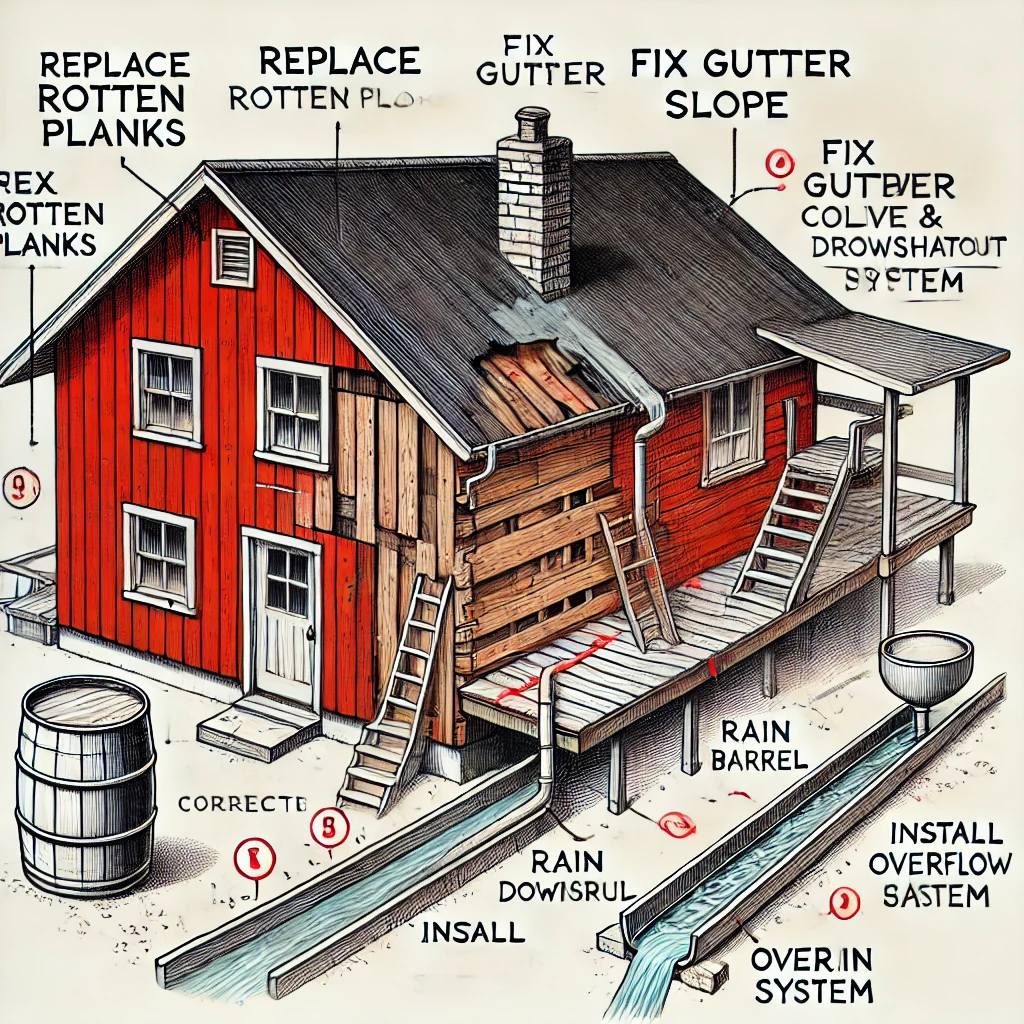
60+ and still going strong as a software developer
by bernt & torsten
You are never too old to do software development. If you feel like 40 is too old, you are wrong. A survey conducted by a leading tech publication found that the number of software developers aged 40 and above has been steadily increasing over the years. This indicates that more seasoned professionals choose to stay in the field and contribute their expertise.
Imagine this: You arrive at the office early. You drop your backpack and head for the kitchen. Your kids woke you up early after you spent half the night coaxing them to sleep. You need coffee.
With your coffee mug in hand, you notice three software developers talking in the kitchen. It’s 9 a.m. These youngsters are here early, you think to yourself.
You notice they’re wearing the same clothes as yesterday. Oh my God, they’ve been here all night. Crap! Did something fail? What now?
The CEO zooms past you, smiling from ear to ear. She skips over to the group and gives them a high-five, letting out a celebratory howl.
“You guys killed it,” she says.
Your first thought is that you could not have stayed last night. Life happened, and the kids had homework. You feel like you’re the butt of jokes. The clique doesn’t include you because you couldn’t pull an all-nighter.
Many of us live this horrific nightmare. The fear is being put out to pasture. Has the industry knighted young people as the stewards of technology? It’s natural to doubt yourself and wonder if you can do this any longer.
Management rewards heroic late-night efforts, but what about productive output? What about the experiences you bring to the table?
You want to compete, but not at the expense of your family. And how do you compete with colleagues who sleep at the office?
There is good news. Exceptional skill knows no boundaries – including your age. That doesn’t relieve the concerns of 40-plus-year-old engineers. I’ve survived this situation many times and did a little research.
The scenario described paints a picture of a seasoned professional in their 40s or beyond who feels out of place or left behind in the fast-paced world of software development. However, the notion that being a software developer in your 40s is a dead-end job is far from the truth.
There is ample evidence to suggest that experienced professionals continue to make significant contributions to the field of software development. Many individual contributors in their 40s and beyond are thriving and earning high salaries, showcasing their ability to keep pace with modern software development practices. Companies recognize the value of their coding skills, as well as the experience, intuition, and mentorship they bring to the table.
The contribution of experienced software developers differs from that of their younger counterparts. Both have their unique strengths and abilities and when combined, they become an unstoppable force. The wisdom gained from “being there and done that” allows older professionals to foresee challenges and tackle them head-on. Their extensive experience enables them to handle high-pressure situations and find effective solutions.
It’s important to dispel the misconception that entering management is the only way to progress in one’s career beyond 40. Peer pressure and a lack of information often lead experienced engineers to believe they must transition into management roles. However, management requires a different skill set and should be pursued if one has a genuine interest in leading teams. It’s crucial to approach management as a new profession, seeking training and mentorship to excel in this domain.
Moreover, there are alternative paths for software engineers who prefer to continue coding as their profession. Designations like a principal engineer, architect, or fellow exist, offering opportunities to contribute to the field at a senior level while focusing on pure engineering. These roles carry significant respect and influence within organizations.
The demand for engineering talent remains high, and age is not a limiting factor. The key is to stay productive and continually update skills. It’s recommended to invest in the fundamentals and maintain a strong foundation that allows for easy adaptation to new technologies. Staying current with the latest trends and technologies is crucial to remain relevant and combat the perception that older engineers are out of touch. Employers often value specific skills, so focusing on acquiring those skills can boost career prospects.
In conclusion, the idea that a software development career is a dead-end job after 40 is baseless. Experienced engineers continue to thrive, contribute, and earn lucrative salaries. Age should not be viewed as a barrier but rather as an asset that brings valuable experience and perspective to the table. By staying proactive, continuously learning, and demonstrating expertise, software developers in their 40s and beyond can enjoy a fulfilling and successful career in the ever-evolving world of software development.

Tech Disillusionment
For four decades, I have worked in the tech industry. I started in the 1980s when computing...

A Poem: The Consultant's Message
On a Friday, cold and gray,
The message came, sharp as steel,
Not from those we...

Using AI to Plan Wall Repair and Gutter Installation
In this article, I will share my experience using AI to plan the work required to fix a wall...